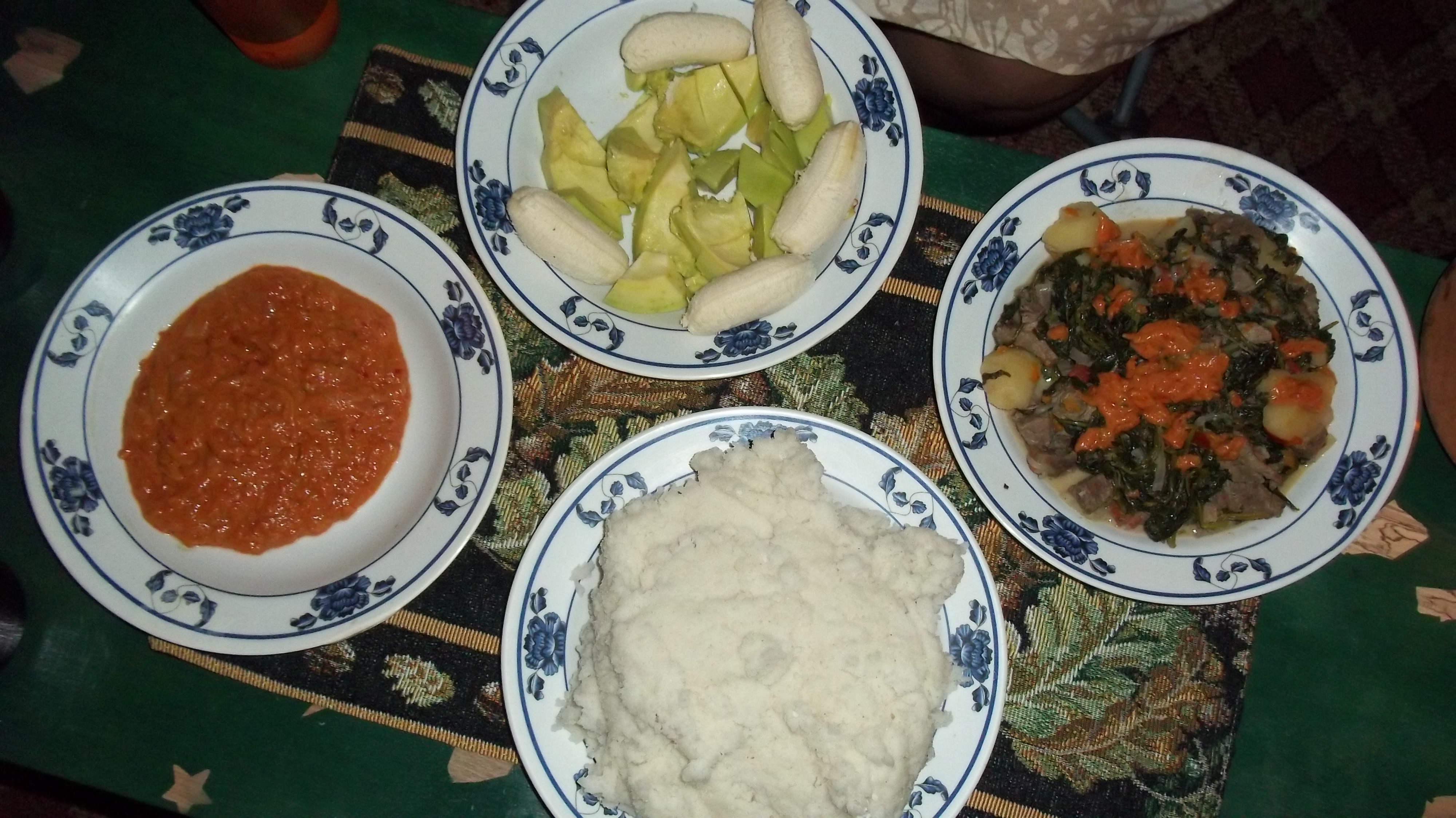British people love going to
the pub. But what
exactly is a pub? Well, a pub is like a bar – people go there to have a drink,
to meet their friends or to play darts.
Pubs open at about 9 o’clock
in the morning and they usually close at about eleven o’clock at night. You
have to remember two very important things about pubs in Britain

Here is a list of some of
the things you can order in a pub.
Beer and whisky
There are lots of different
kinds of beer; lager, bitter, mild or stout for example. And of course, there
are many different kinds of whisky: Ballantines, Glenfiddich, Cardhu or Johnnie
Walker, for example. Do you know of any other brands (marcas) of whisky?
Ordering drinks – beer and spirits
When you want a glass of
beer, you can order a pint or half a pint.
“Pint” – 1 pint
= 0.568 litres
“Half pint” – 1/2 pint = 0.284 litres

In British pubs, when you
buy spirits (bebidas alcohólicas) the
barman gives you a very small amount of alcohol. He measures (mide) the amount of alcohol (0.0284
litres ) that he puts in each glass. In Britain
Do you like whiskey? Yes?
Well, then you probably know that you can drink whisky with or without ice If you want your whisky with ice, you can say “a whisky with ice, please”, or
you can ask for “Scotch on the rocks, please” – they always use this expression
in films!
You are now ready to survive (sobrevivir) in a British pub!





.jpg)

